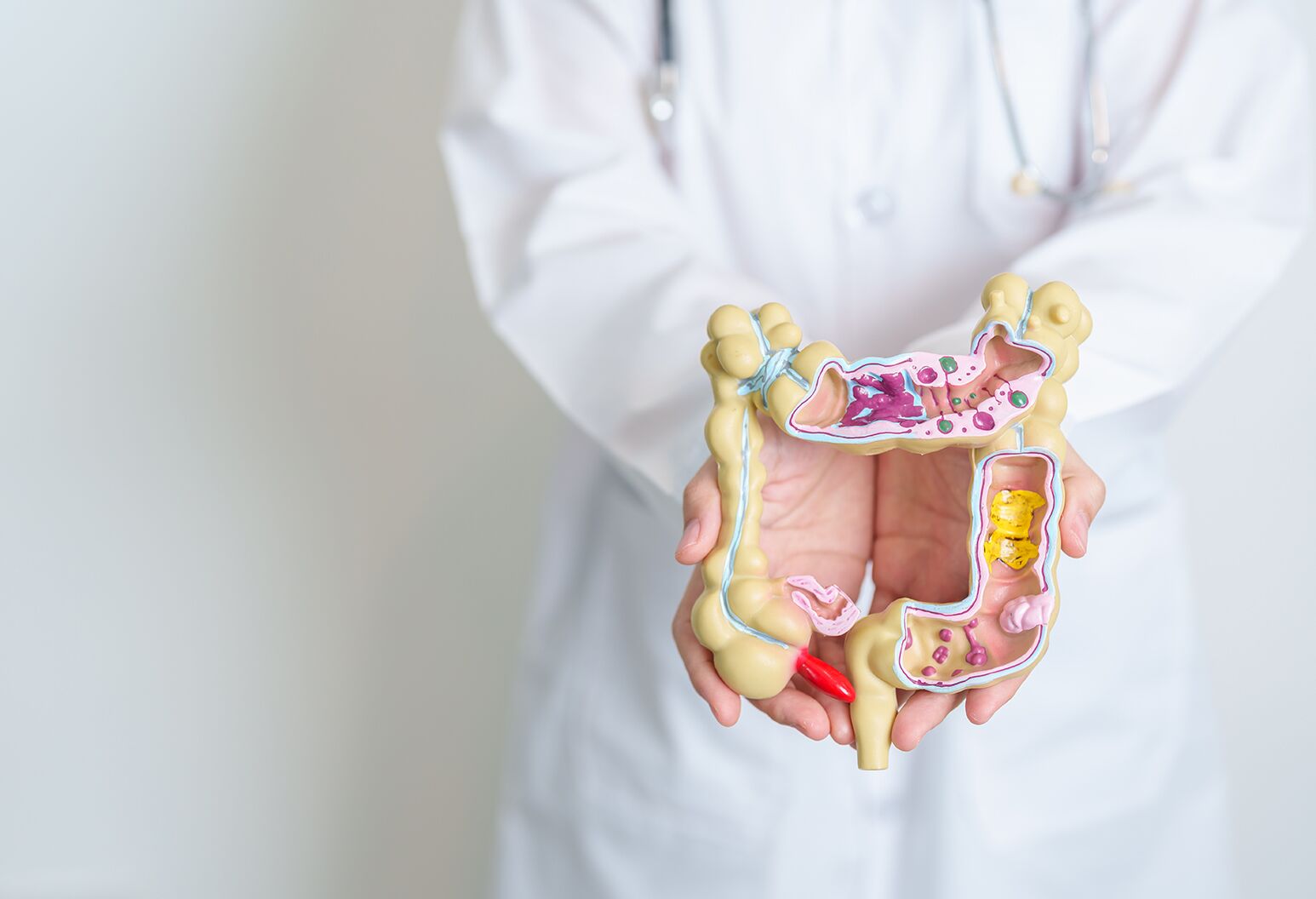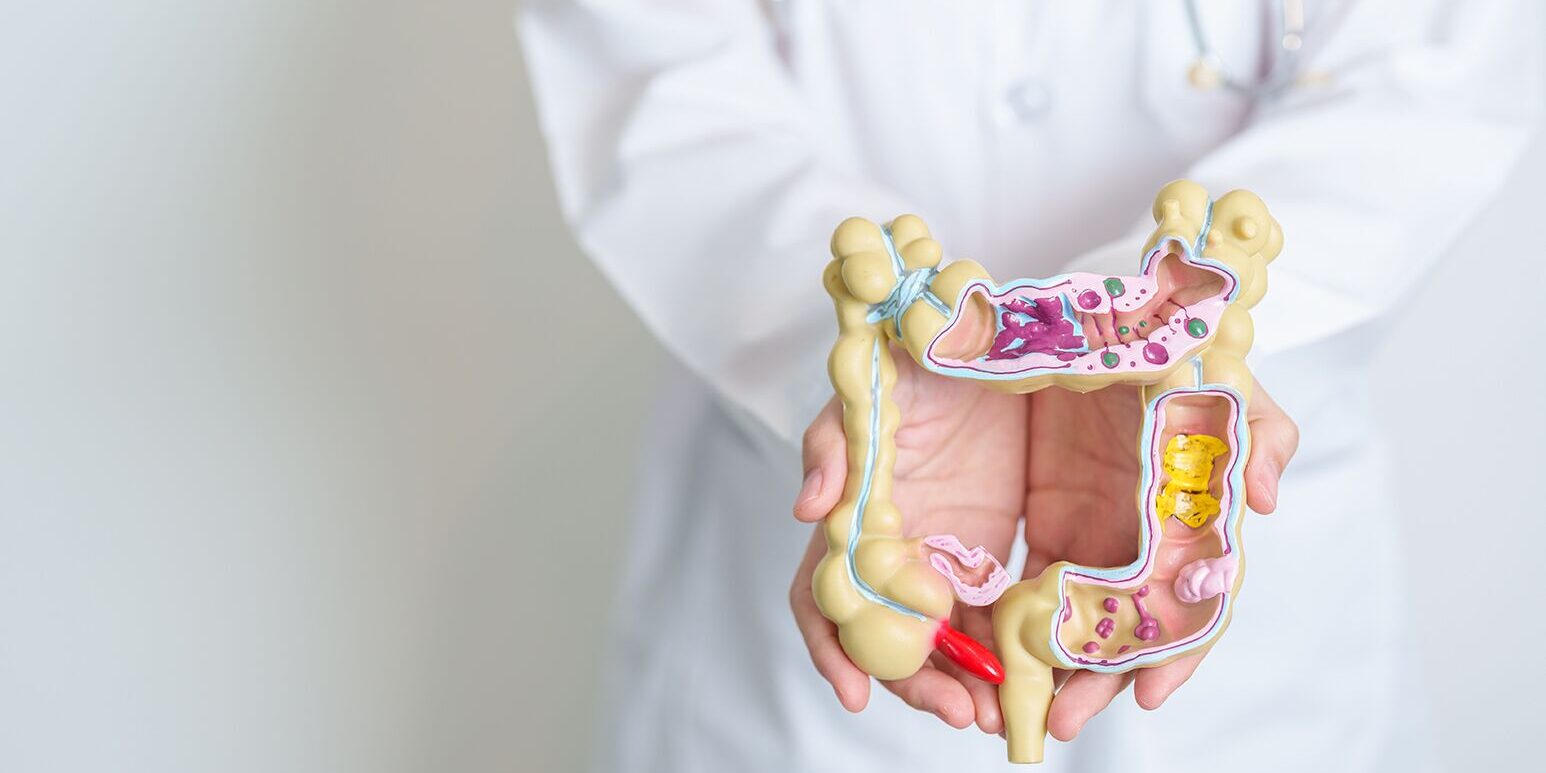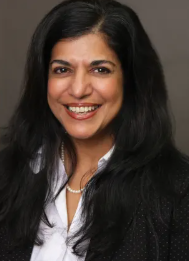Colon cancer is a serious, yet often preventable disease. Understanding the importance of screening and the methods available can significantly impact your health and well-being. This article will delve into the rationale behind colon cancer screening, its benefits, and what you can expect from the process.
Why screen?
Screening aims to find diseases before symptoms appear. Colon cancer is an ideal candidate for screening because: it has a preclinical stage (present but no symptoms), early treatment is more effective and potentially curative and it’s relatively common. Plus, accurate and reliable tests exist, and the screening process itself is generally safe and affordable.
Understanding the disease
Colon cancer develops in the lining of the colon and rectum, often without early symptoms. It’s influenced by both genetics and lifestyle. Later-stage symptoms can include constipation, weight loss, rectal bleeding, anemia, and abdominal pain. In the U.S., it’s a significant health concern, with thousands of new cases diagnosed annually.
Polyps: The precursors to cancer
Colon cancer typically starts as polyps, small pre-cancerous growths. These appear in a significant percentage of people by age 50, and the risk increases with age and family history. Polyps can become cancerous in just a few years—early detection is crucial.
Screening options and the power of prevention
Several screening options exist, from simple stool tests to more involved procedures like colonoscopy. Colonoscopies are unique because they not only detect polyps but also remove them, preventing cancer altogether. Other methods include stool DNA testing, CT colonography (virtual colonoscopy), and flexible sigmoidoscopy.
Colon cancer screening is a vital tool for preventing this potentially deadly disease. In the United States, colorectal cancer is the second most common cause of cancer death, surpassed only by lung cancer. The National Cancer Institute projects over 150,000 new diagnoses and over 50,000 deaths from colon or rectal cancer in 2024. “While the preparation may be somewhat inconvenient, the benefits of early detection and prevention far outweigh any temporary discomfort,” says Gastroenterologist Ramona Rajapakse, MD, FRCP(UK), FACG. Talk to your doctor about which screening method is right for you and take proactive steps to protect your health.
Resources:
https://www.youtube.com/watch?v=Iu_JS4rYwaM
https://www.aacr.org/patients-caregivers/awareness-months/colorectal-cancer-awareness-month/



